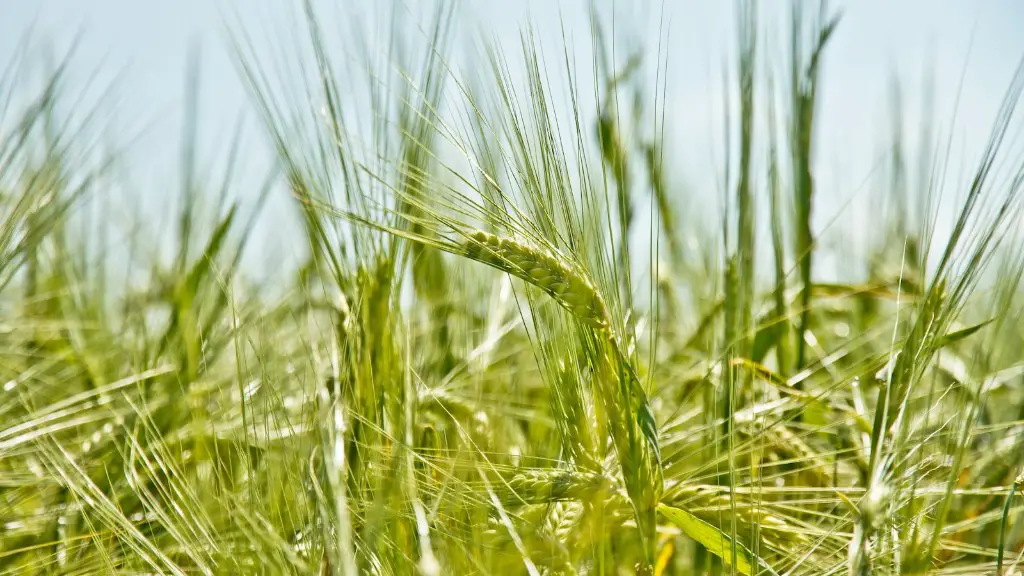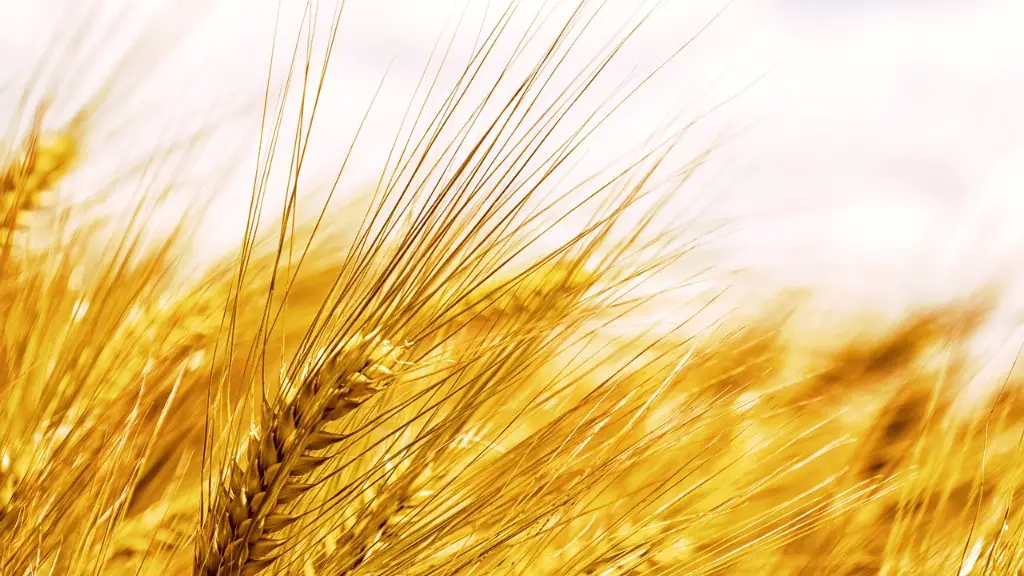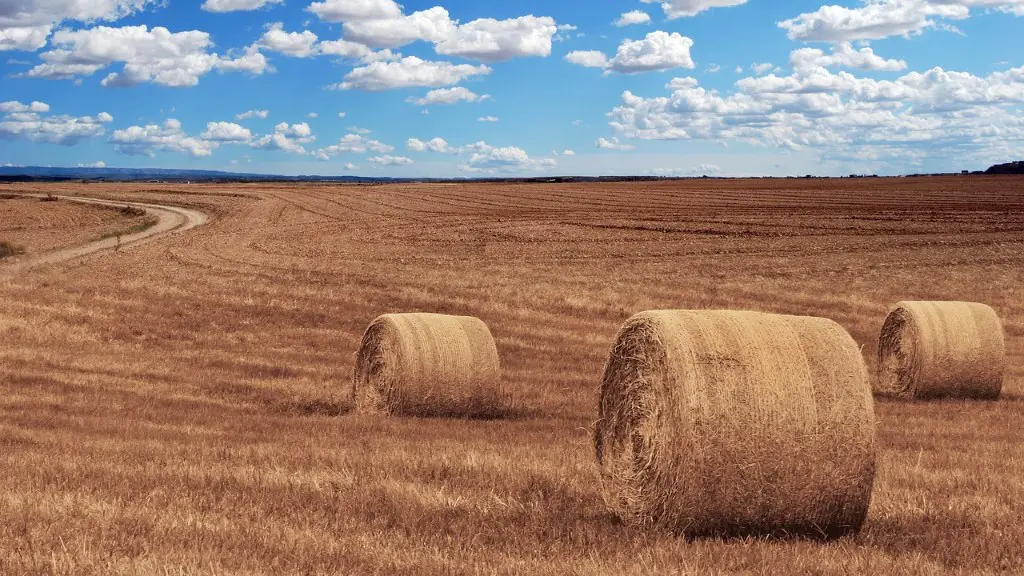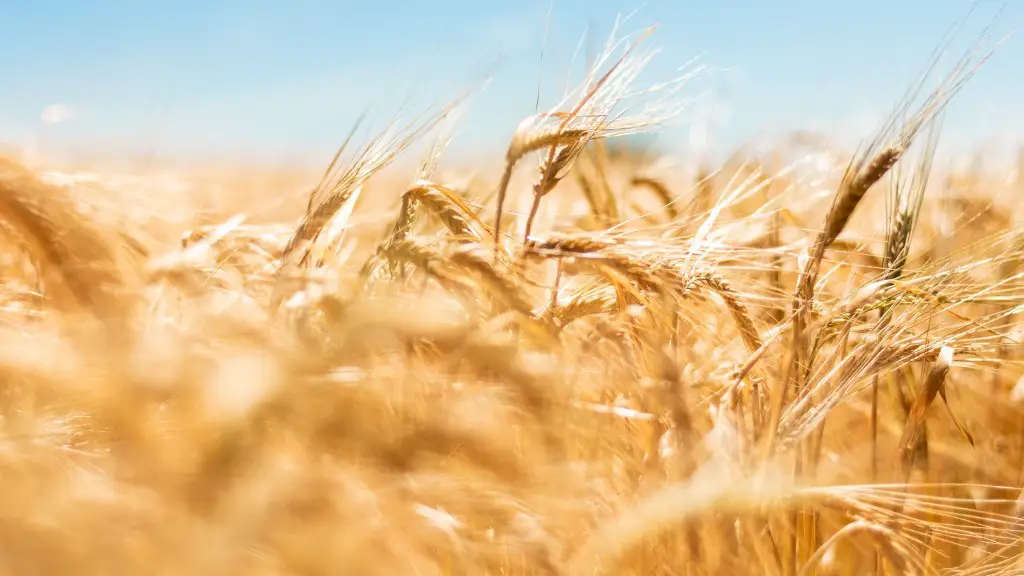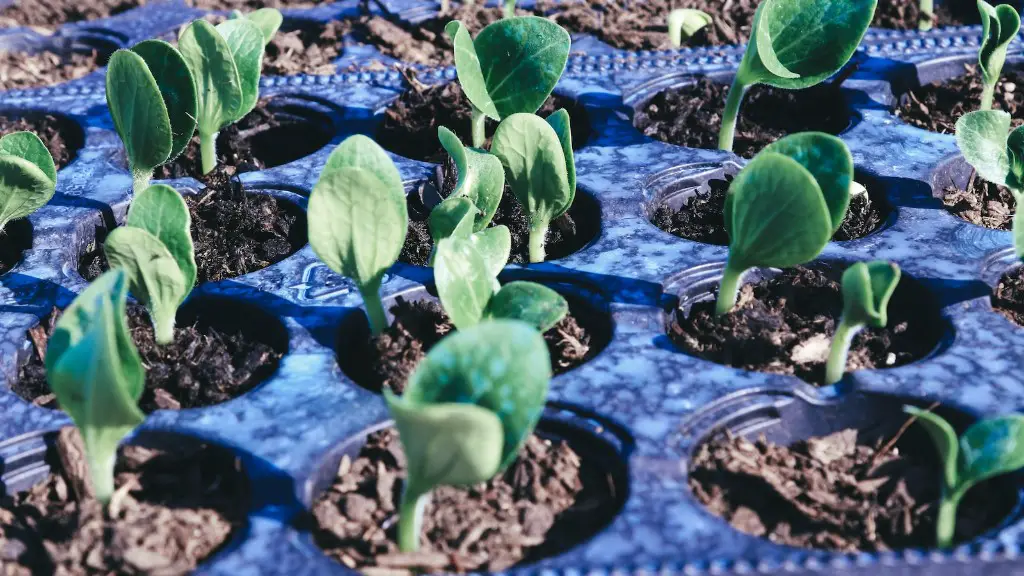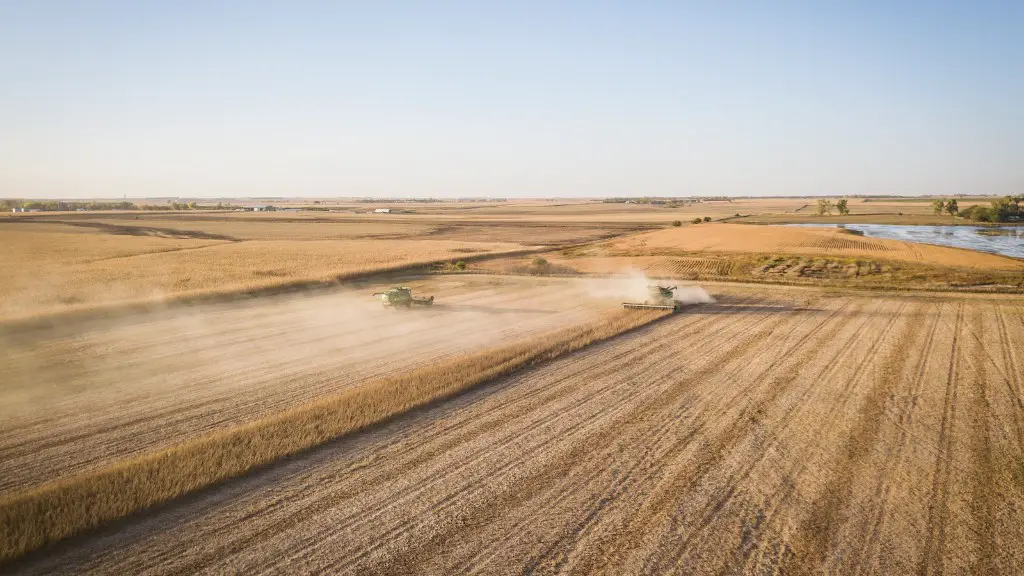Agriculture has been an important part of human life and development since the earliest days. While its role today is complex, it remains essential to the health of our ecosystems, our economy, and our society. So, who is responsible for agriculture?
At its most basic level, farmers know the ins-and-outs of agriculture best, so it’s up to them to make sure that their crops are healthy and that the land remains fertile and productive. Ultimately, this responsibility also falls to governments and policy makers, who create laws and regulations that ensure that food is safe and that the environment benefits from agricultural practices.
Governments are also responsible for investing in agricultural infrastructure and research, providing capital to help farmers adopt new technologies, access markets and receive support during challenging times. International organizations, such as the Food and Agriculture Organisation, also play a role in monitoring global food supplies and helping to shape policy around agricultural development.
When it comes to research and development, universities and private companies are responsible for asking the tough questions and developing innovative solutions that drive sustainable agriculture. This work often involves collaboration among industry, universities and government, which helps to ensure the best outcomes.
Finally, it is important to remember that consumers also play a vital role in responsible agriculture. They make choices about the food they buy and how it is produced, and their preferences drive the market and shape our food system. Consumers also wield their purchasing power to influence policy and ensure that their production methods are humane, environmentally friendly, and sustainable.
Green Revolution
The Green Revolution is an agricultural initiative that began in the 1940s and aimed to increase food security and improve the livelihoods of millions of people around the world. This effort was largely spearheaded by governments and was successful in many respects – more than food production doubled over the following three decades, and the Green Revolution was credited with improving global nutrition, reducing hunger, and increasing incomes in developing nations.
At its core, the Green Revolution was about technology and knowledge transfer. Governments invested heavily in new agricultural technologies and strategies, such as the widespread adoption of irrigation, fertilizer, and improved seed varieties. These technologies allowed for higher yields, and their use was concentrated in regions where the greatest poverty resided.
The investments in knowledge and technology were complemented by investments in infrastructure and capital. This included roads and irrigation systems, storage facilities, and credit that helped farmers purchase agricultural inputs like seeds and fertilizer.
The Green Revolution was also about education and training, provided both to farmers and government employees. This training included techniques to improve productivity, how to properly use inputs, how to market and store agricultural products, and the importance of crop rotation and other sustainable practices.
However, while the Green Revolution has contributed to greater food security and improved livelihoods around the world, its impacts were not evenly distributed. In some cases, the technology advanced so quickly that some farmers fell behind, and the disparities in access to technology and resources continue to be a challenge.
Organic Agriculture
Organic agriculture is an agricultural system that uses natural processes and organic inputs to produce food and fiber. It takes a holistic approach to production and regards the inseparable parts of a complex system, such as soil, water, air, plants, animals, and human health, as a single entity.
Organic farmers use a variety of methods to reduce their impact on the environment, including crop rotation, cover crops, composting, and integrated pest management. Organic inputs, such as manure and compost, are used to replenish the soil, promote soil biodiversity and reduce contamination from industrial fertilizers and pesticides.
Organic agriculture also emphasizes animal welfare, while respecting their natural behaviors. Organic farmers use fewer antibiotics and growth hormones in their herd, provide access to free-range areas, and promote the health and longevity of the animals.
Additionally, organic agriculture is focused on economic sustainability, in part through increased soil fertility, reduced erosion, and more resilience to extreme weather conditions. By also excluding genetically modified organisms, organic farming limits the potential impact of industrialized agriculture on health and the environment.
Organic agriculture has seen a resurgence in recent decades, with more farmers converting to organic production and more consumers choosing organic products. This shows that the public is becoming more aware of the environmental and health benefits of organic food and fiber, and is willing to pay for these products.
Sustainable Agriculture
Sustainable agriculture is an approach to food production that seeks to ensure that the long-term viability of the environment, food security, and the livelihoods of farmers and other stakeholders.
Sustainable agriculture looks to reduce the environmental impact of farming through the use of environmentally conscious practices such as integrated pest management, cover crops, and conservation tillage. These methods help to reduce erosion, improve soil health, and protect water resources.
Sustainable agriculture is also informed by the idea of food systems, which works to match food production to the needs of the people it is supplying. It includes a focus on the preservation of local cultures, the strengthening of local markets, and the development of economic opportunities for rural communities.
Finally, sustainable agriculture encourages farmers to be stewards of the land. This entails responsible management of resources, as well as an understanding that the environment and food security are inextricably linked.
Overall, sustainable agriculture represents an important step forward in terms of food security, environmental protection, and social development. By encouraging more sustainable practices, we can work to ensure that agriculture continues to fulfill its vital role for generations to come.
Urban Agriculture
Urban agriculture is the practice of producing and distributing food in cities. It is based on the belief that local food production is an integral part of a resilient and equitable city.
Urban agriculture is a diverse field, encompassing everything from backyard and community gardens to commercial farms and permaculture projects. In addition to providing fresh and healthy food, urban farms provide educational and employment opportunities, as well as serve as important gathering spaces and community hubs.
Urban agriculture is also seen as an important tool in the fight against climate change, as the production of food in urban areas reduces the amount of energy required for transportation and processing. Additionally, urban agriculture can help conserve resources through the use of closed-loop systems, such as aquaponics, that take advantage of synergies and integrate the production of plants and animals.
Despite the potential benefits of urban agriculture, there are challenges that must be addressed. These include a lack of access to land, water and other resources, as well as zoning and other legal issues.
Ultimately, urban agriculture is seen as an important component of a more resilient, equitable and sustainable future. By working with local communities and governments, urban farmers can help to create an urban food system that is more diverse, equitable and secure.
Agroecology
Agroecology is an agricultural system that seeks to develop more sustainable and equitable food systems by seeking to emulate natural systems in agricultural contexts.
Agroecology emphasizes the use of natural processes, principles, and practices in agricultural production. This includes a focus on soil health and food sustainability, as well as the integration of crops and livestock and the use of ecosystem services such as natural enemies of pests, composting, and cover crops.
Agroecology also takes a systems approach to food production, looking at the interconnections between agricultural production and other sectors such as health, economics, environment, and politics. This approach can be used to develop policies and production systems that are rooted in local knowledge, community-based decision-making, and a deep understanding of the biophysical and social context.
Finally, agroecology advocates for a more equitable food system, one that addresses the many inequalities that exist in the current food system. Agroecology promotes a fair and just food system by encouraging small-scale producers to work together and create more empowered market systems.
Agroecology has emerged as an important tool in the effort to build a more sustainable and equitable food system, with its emphasis on natural systems and local knowledge providing an important complement to conventional agricultural practices.
